Here are some useful tips for keeping your car in great condition during colder months - minimising the chances of a breakdown and helping you stay safe on the road.
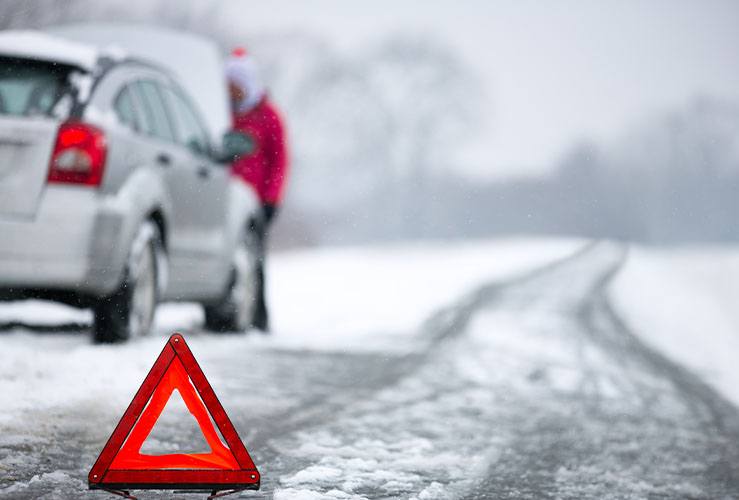
If you can't park in a garage to protect your car’s windows from icing over, there are other ways to protect your windows.
Try mixing vinegar and water in a 3-1 ratio, then cover your windows in the solution. This should prevent ice from forming overnight.
Combine rubbing alcohol, water and a dash of washing up liquid, then spray the solution on your frozen windows. The ice should melt away.
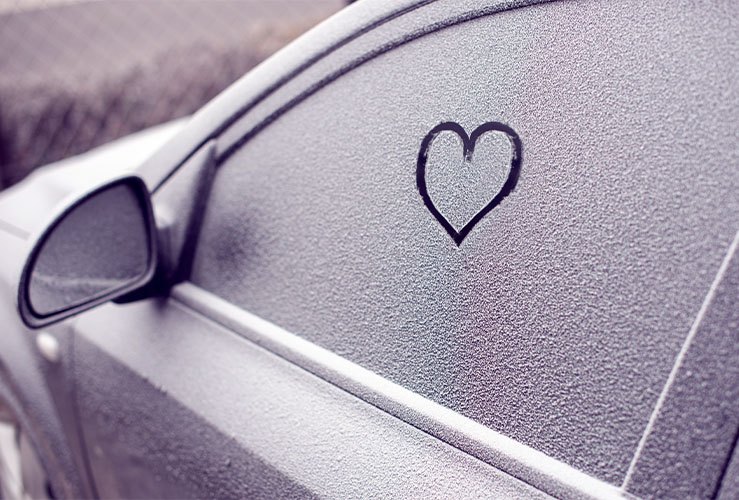
To prevent frozen wipers, try leaving them in a raised position overnight. Alternatively, you can slip some old knee-high socks or stockings over them.
Extra tip: make sure the wipers are off when you leave your car at night. If they are on when you turn the ignition, you could burn out the wiper motor.
Squirt a little hand sanitiser into your frozen lock - it should thaw quickly. Alternatively, heat up your key with a lighter and insert it. Take care not to burn yourself.
You can prevent a frozen car lock by squirting a little WD40 into the lock.
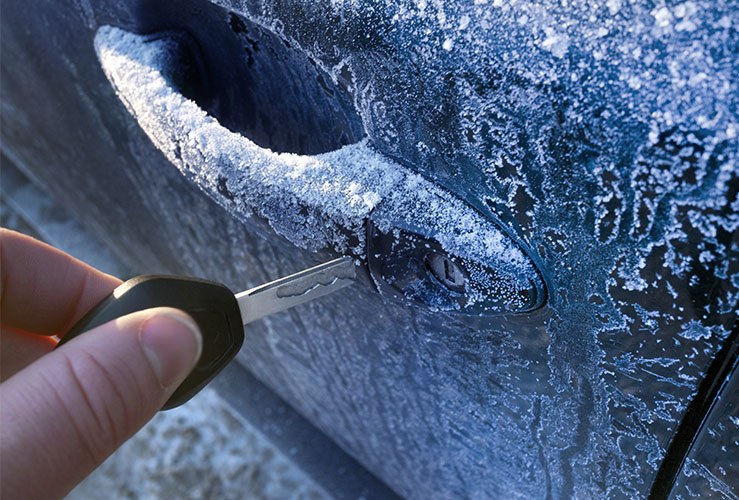
Prevent frozen doors by adding cooking spray to the rubber seals of your car doors and rub with a paper towel.
Condensation on windows can be difficult to clear, but the issue is easily resolved with a chalkboard eraser - which doesn't even leave any smudge marks.
You can prevent foggy windows by filling an old stocking with cat litter and placing it under a car seat. The litter will absorb moisture and keep your windows clear.
Extra tip: avoid leaving open drinks in your car overnight, as this will exacerbate your condensation problem.
Simply slip a plastic bag over your wing mirrors and they should remain ice-free while parked overnight.
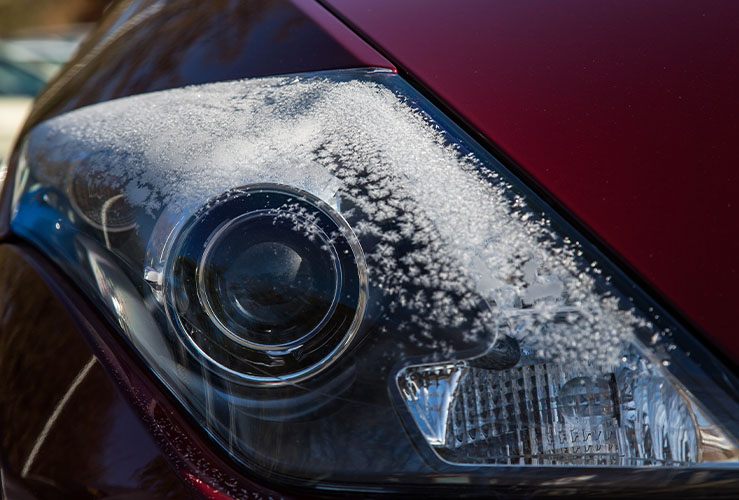
It's critical your headlights are as bright as possible in the poorer light of winter. Prevent snow and ice forming by cleaning, drying, and rubbing wax on them. Repeat every couple of weeks if necessary, and consider doing the same to your rear lights.
Just in case you're stranded in the cold weather, it's a good idea to pack a winter protection kit - for protecting you, your passengers and your vehicle.
- Dry snacks
- Water
- Torch
- First aid kit
- Warning triangle
- Hi-viz jackets
- Extra clothes
- Blankets
- Jump cables
- Fully charged mobile and charged power bank
- Spade/shovel
- You car breakdown insurance provider's contact details
Running out of fuel in winter is no joke. Aim to keep your tank at least half full and you should not face this problem. This also helps ensure condensation won't form in the tank’s empty areas, which could freeze your fuel lines.
By parking under a big tree or - ideally - in a garage, your car's engine will be less cold in the morning and therefore easier to start. Also, make sure you have the correct type of oil in your engine (it will be detailed in your manual).
Before you turn on the ignition in the morning, turn off all unnecessary electrical equipment, so your battery can send the maximum amount of current to the starter motor. Let the car crank a little. If it fails to start, leave it a few minutes so the battery can recover, then try again.
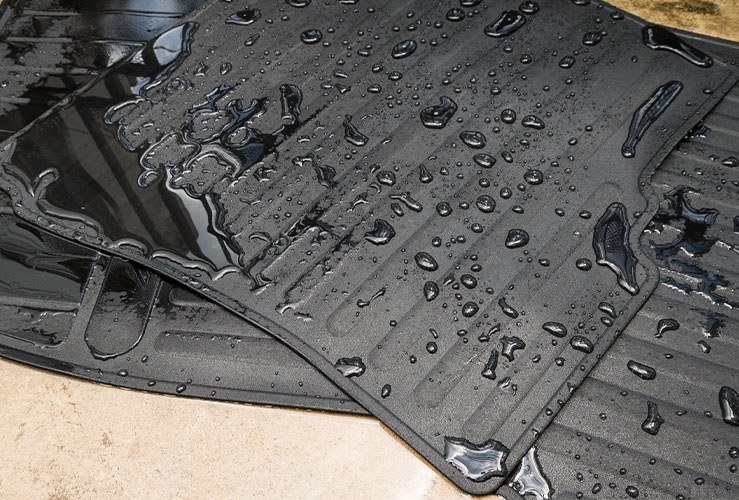
Unless you're in a six-foot high snow drift, it's relatively straightforward to get out of a patch of snow or ice. Simply place an old blanket - or even your floor mats - in front of the affected wheels, then gently move off. Cat litter also works.




